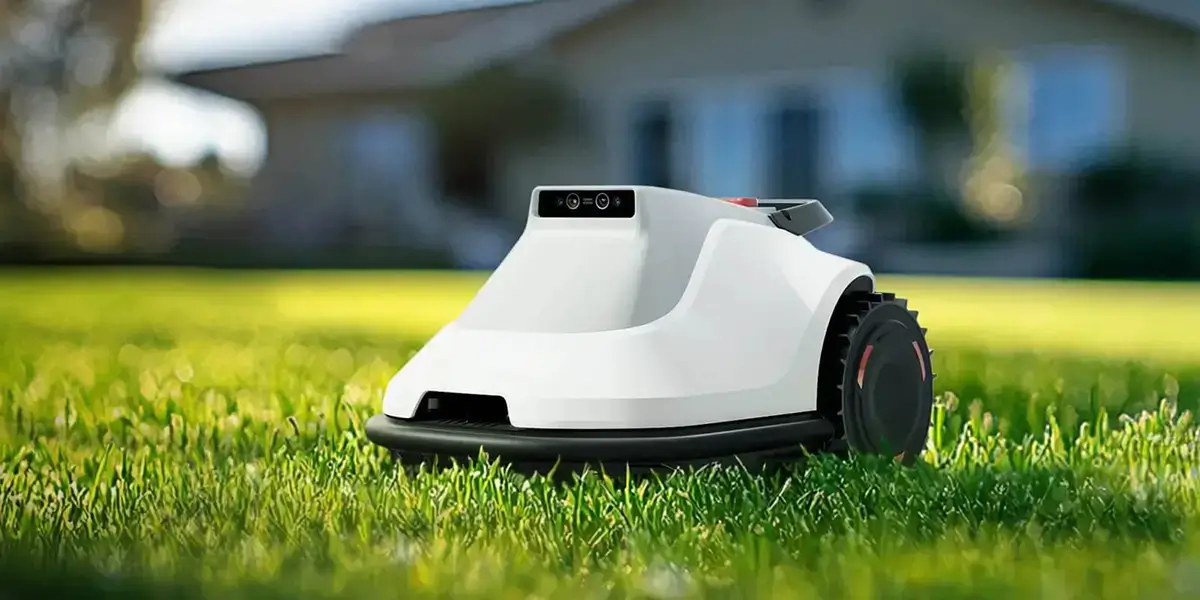In the bustling realm of automation and robotics, where precision meets power, high torque servo motors have emerged as the unsung heroes pushing the boundaries of what machines can achieve. These marvels of engineering blend robust power output with exquisite control, opening doors to innovations across diverse industries. Whether it’s the intricate movements of robotic arms in automotive assembly lines or advanced aerospace equipment, high torque servo motors are at the heart of precision-driven, high-strength applications.

Understanding What Sets High Torque Servo Motors Apart
At their core, servo motors are designed to provide precise control of angular or linear position, velocity, and acceleration. Thanks to their feedback mechanisms and control systems, they are able to deliver accurate motion with minimal overshoot and steady stability. High torque variants take this a step further by maximizing the motor’s rotational force—crucial when dealing with heavy loads or demanding applications.
What makes these motors distinctive isn’t just raw strength. It’s the sophisticated way they achieve it—through high-quality construction, optimized winding designs, and innovative materials that allow for increased magnetic flux, all while managing heat generation efficiently. This combination ensures that they can consistently deliver high torque without overheating or sacrificing response time.
The Engineering Behind High Torque Power
The secret ingredients for high torque servo motors involve a combination of advanced materials, precise manufacturing, and smart design choices. For starters, the stator and rotor are engineered to maximize magnetic efficiency. High-grade magnetic materials, such as neodymium-iron-boron (NdFeB) magnets, enable a more potent magnetic field. When paired with low-resistance windings and optimized pole counts, these motors generate substantial torque even at lower RPMs.
Thermal management is also key. High torque demands generate heat, which can degrade performance or damage the motor. Engineers combat this through reinforced cooling systems—such as water jackets or high-conductivity heat sinks—ensuring the motor maintains peak performance over extended periods.
Another tremendous advantage of high torque servo motors is their response speed. Though they generate high force, these motors can still offer rapid acceleration and deceleration, thanks to their precise electronic control. This rapid responsiveness is fundamental in automation setups where timing and accuracy are everything.
Applications That Demand High Torque
The unique qualities of high torque servo motors make them indispensable in industries that require both great strength and meticulous control. In robotics, especially for heavy-duty tasks like welding, material handling, or complex assembly, these motors power robotic joints that lift, position, and maneuver hefty loads with finesse.
Similarly, in CNC machining and manufacturing, high torque servo motors drive precision cutting tools and spindle drives, enabling detailed work on tough materials like steel or composites. Their ability to maintain torque at low speeds ensures consistent, high-quality output and increased productivity.
In aerospace and defense sectors, where the stakes are high, and failure is not an option, high torque servo motors contribute to missile controls, satellite positioning systems, and more. Their durability, combined with exceptional power, ensures long-term reliability in extreme conditions.
Innovation and Future Trends
As industries evolve, so do the capabilities of high torque servo motors. Recent innovations focus on integrating smarter control algorithms that optimize energy consumption while maintaining maximum torque output. This is particularly relevant as sustainability becomes a priority, demanding motors that deliver power without excess energy waste.
Moreover, the advent of brushless designs, combined with advanced sensor technology such as Hall sensors and encoders, allows for even finer control, reducing backlash and improving positional accuracy. The trend towards miniaturization is also notable—making high torque functions feasible in compact, lightweight designs suitable for portable devices or space-constrained applications.
Advancements in materials science promise even higher magnetic flux densities and thermal tolerances, pushing the boundaries of what these motors can handle. Researchers and engineers continue to perfect the symbiotic relationship between mechanical design, electronic control, and materials—unlocking new potentials for heavy-duty automation and robotics.
Choosing the Right High Torque Servo Motor
Selecting the perfect high torque servo motor involves balancing multiple factors: load requirements, speed, precision, environmental conditions, and budget. It’s important to consider the motor’s torque-to-inertia ratio, response time, and thermal management capabilities. Collaborating with manufacturers who offer customizable solutions can make a significant difference in achieving optimal performance.
In summary, high torque servo motors are pushing the frontiers of what machines can do—combining brute strength with exacting control. As technology progresses, their importance across industries will only deepen, transforming visions of automation into tangible reality. In our next segment, we will delve deeper into the technical specifications, maintenance tips, and innovative applications of these powerhouse motors, illustrating why they are truly the backbone of modern automation.
Established in 2005, Kpower has been dedicated to a professional compact motion unit manufacturer, headquartered in Dongguan, Guangdong Province, China.




































